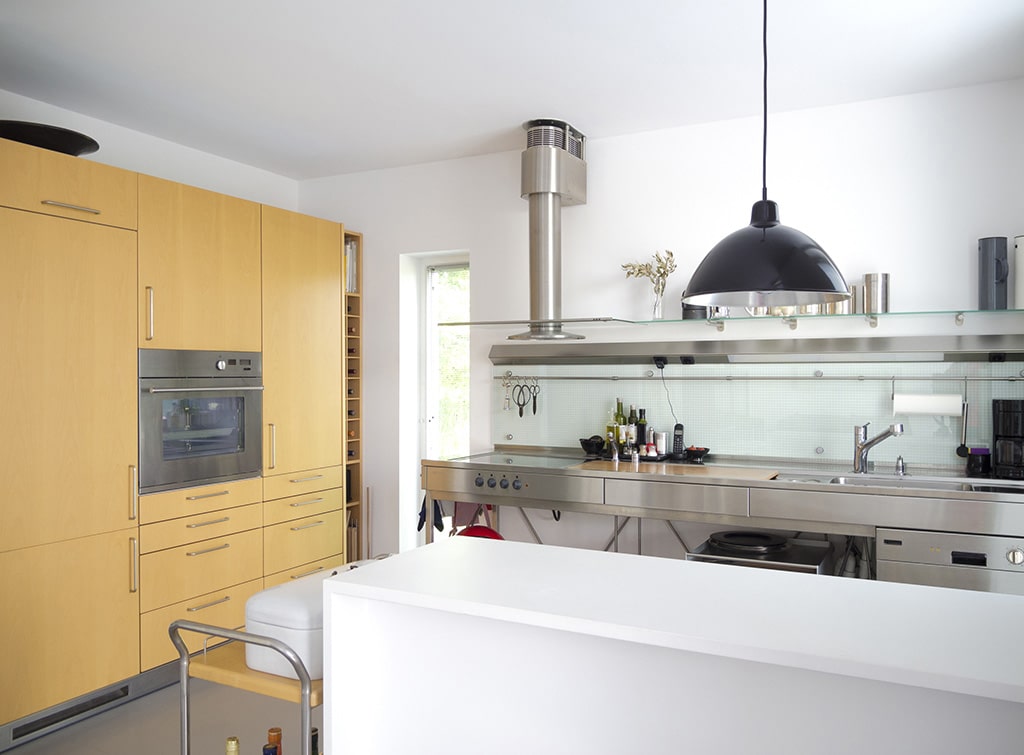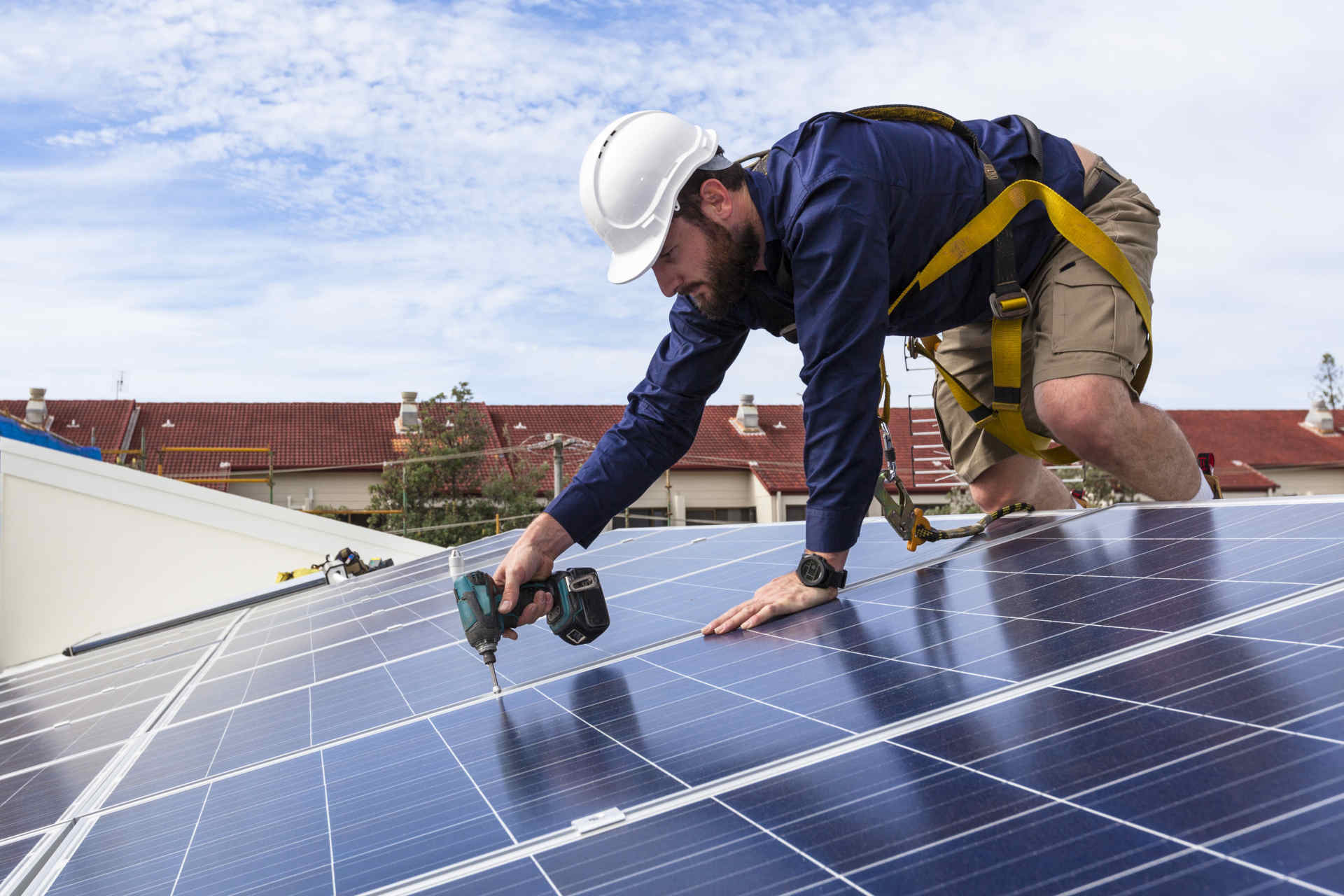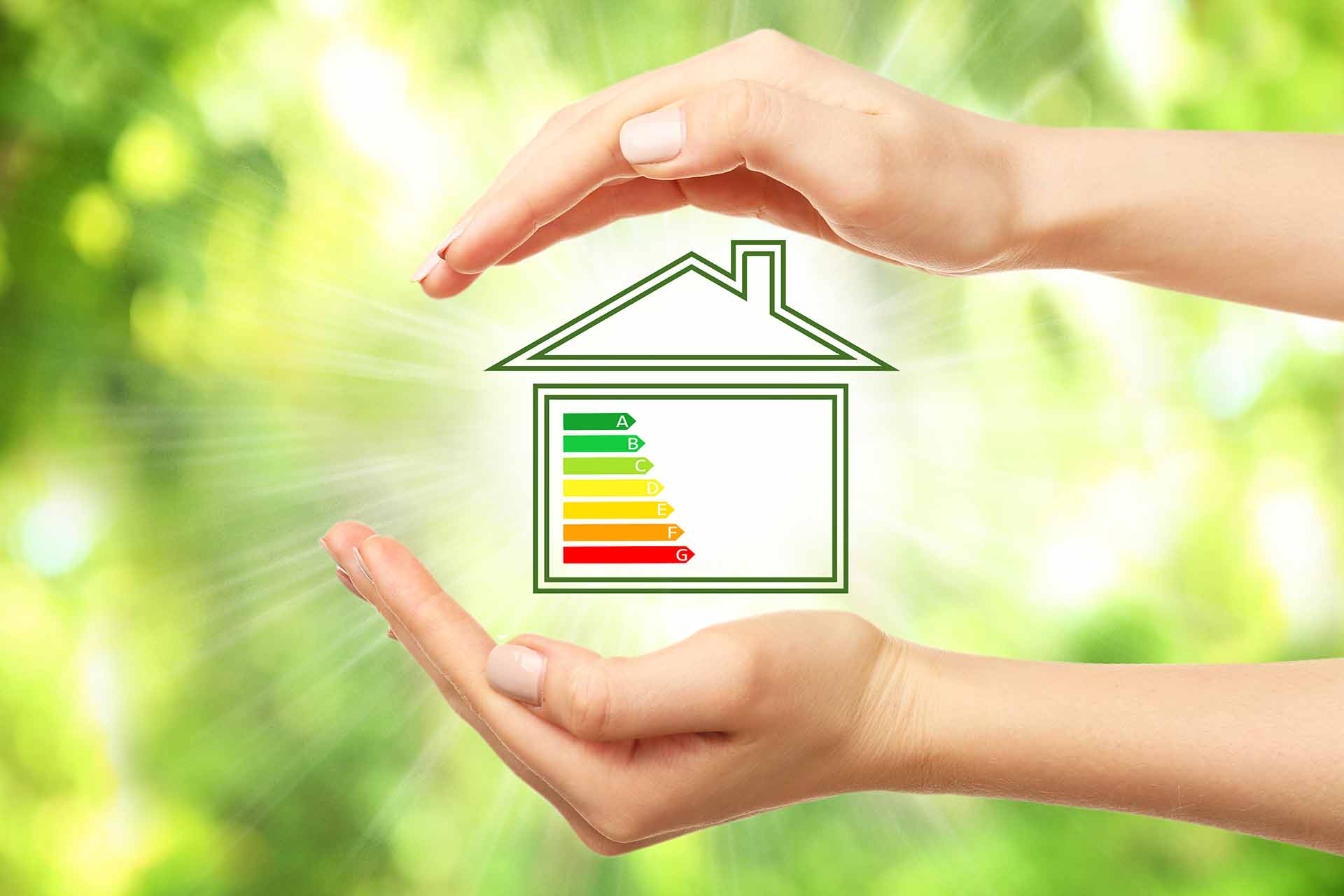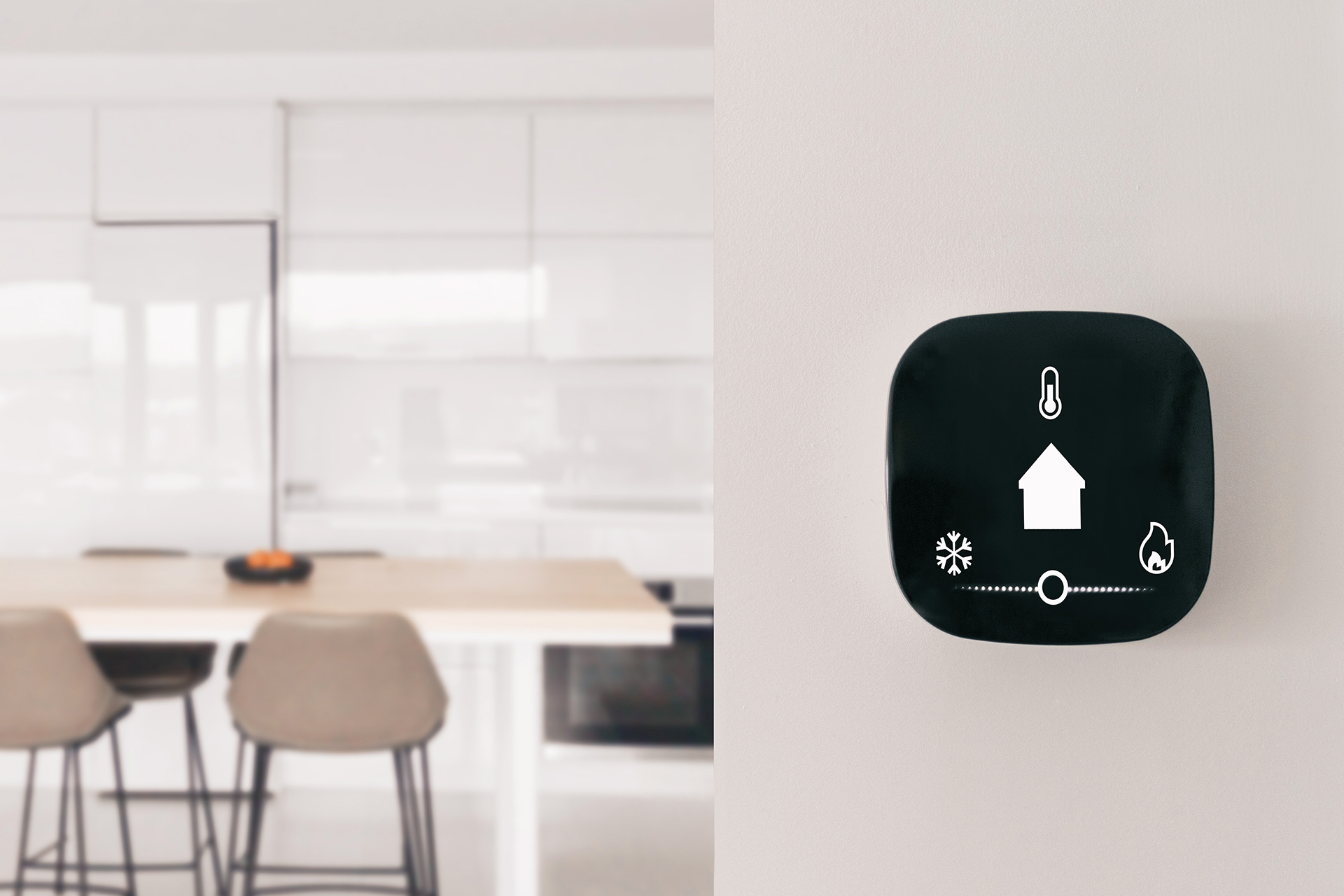Blog>Ideas>We asked AI to help us save energy in our home… here's what it suggested
Last updated: 20 August 2024
We asked AI to help us save energy in our home… here's what it suggested
Looking for tips on how to save energy around the home? We went to AI for energy-saving ideas to help save the planet and our bank balances.
Energy prices and AI technology are two of the hottest topics right now.
With sky-high energy bills and growing concern for the environment, we all need to find ways to cut back on electricity and gas. Starting today.
At the same time, artificial intelligence is never out of the news. It's advancing at a mind-blowing pace.
We've combined both big talking points and asked AI for ways to save energy in the home.
AI's top 10 energy saving tips
Artificial intelligence is super quick. After typing in the question, AI revealed its top energy-saving tips – within seconds.
Here's what the tech suggests we can all do to help save energy at home.
1. Insulate your home
AI reckons proper insulation is key to reducing heat loss and improving energy efficiency.
It suggests insulating your loft, walls and floors to minimise heat transfer and keep your home warmer in the winter and cooler in the summer.
Check out our cost guides for loft insulation, cavity wall insulation and floor insulation. You'll be as snug as a bug all winter.
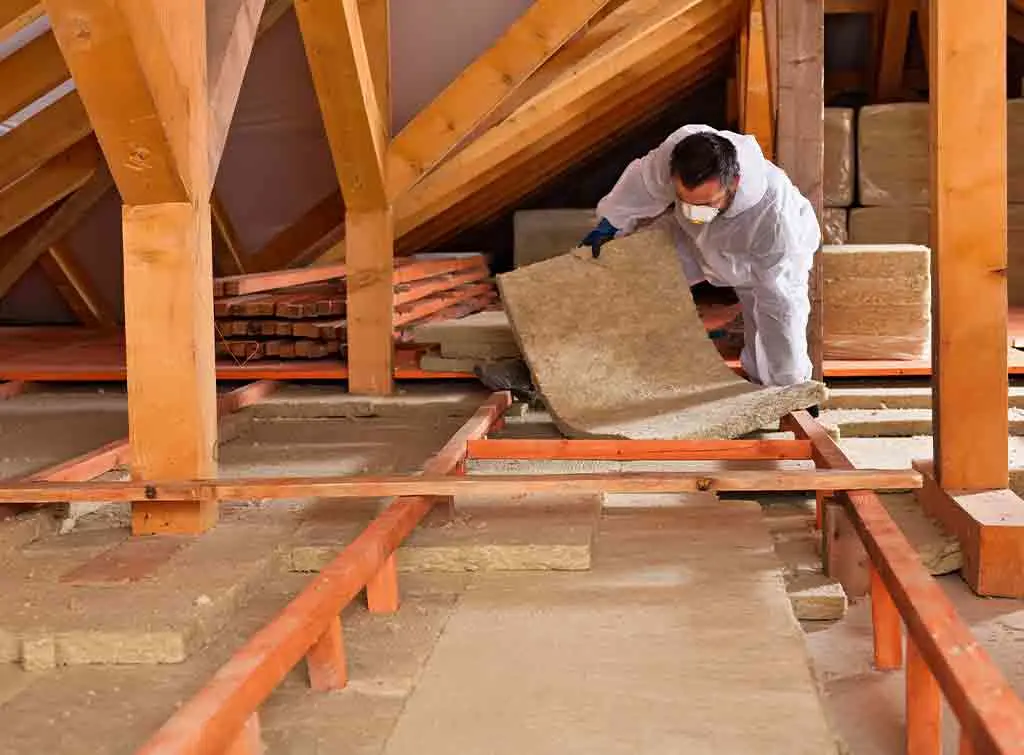
2. Upgrade to energy-efficient appliances
We can't live without washing machines, fridge-freezers and dishwashers. But our beloved appliances can be energy guzzlers.
Replace old, inefficient appliances with energy-saving models says AI and help cut energy bills.
Checking energy labels is a crucial AI tip. Look for appliances rated A+, A++ or A+++ for the best energy-saving performance.
Products in the darkest green category of the label are the most energy efficient. (The top label used to be A but that's been swapped for A+++).
We also recommend running washing machines and dishwashers with full loads, not leaving appliances on standby and using economy and low temperature settings.
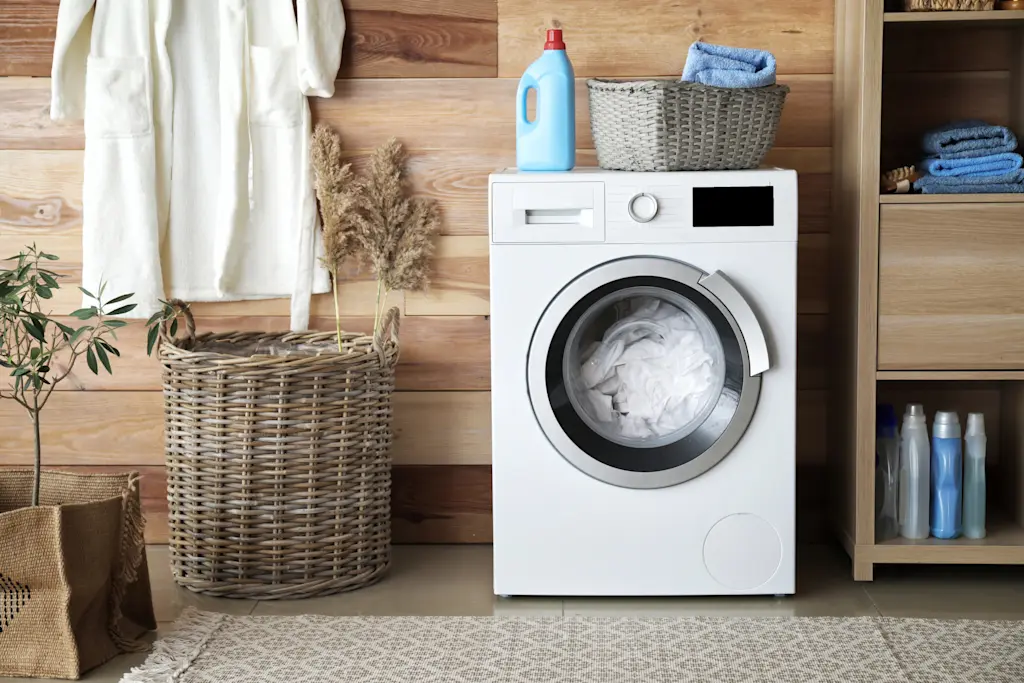
3. Install double glazing
Draughty homes can mean higher heating bills. And single glazed or poorly fitted windows might well be the cause of chilly draughts.
That's why AI bots insist we should invest in double glazing. Here's everything you need to know about getting double glazing installed.
Energy efficiency doesn't stop there. Shop for windows with a top A+ rating. This rates double glazing on how effectively the window stops heat from leaking out, how much air escapes and solar heat gain.
Check out the cost to install double-glazing windows.

See the tradespeople we've checked and recommend for your job
4. Use-energy saving light bulbs
Switching to energy-efficient light bulbs is a really bright idea, according to AI.
Replacing traditional incandescent light bulbs with LEDs (light-emitting diodes) or CFL (compact fluorescent lamp) bulbs will help you consume less energy.
LEDs are the most energy-efficient – they last longer and provide the same amount of light.
You might find old halogen bulbs in the shops, but these can no longer be manufactured.
So, check labels when buying new and replacement bulbs to ensure they are as energy-efficient as possible.
Here's everything you need to know about low energy lighting.
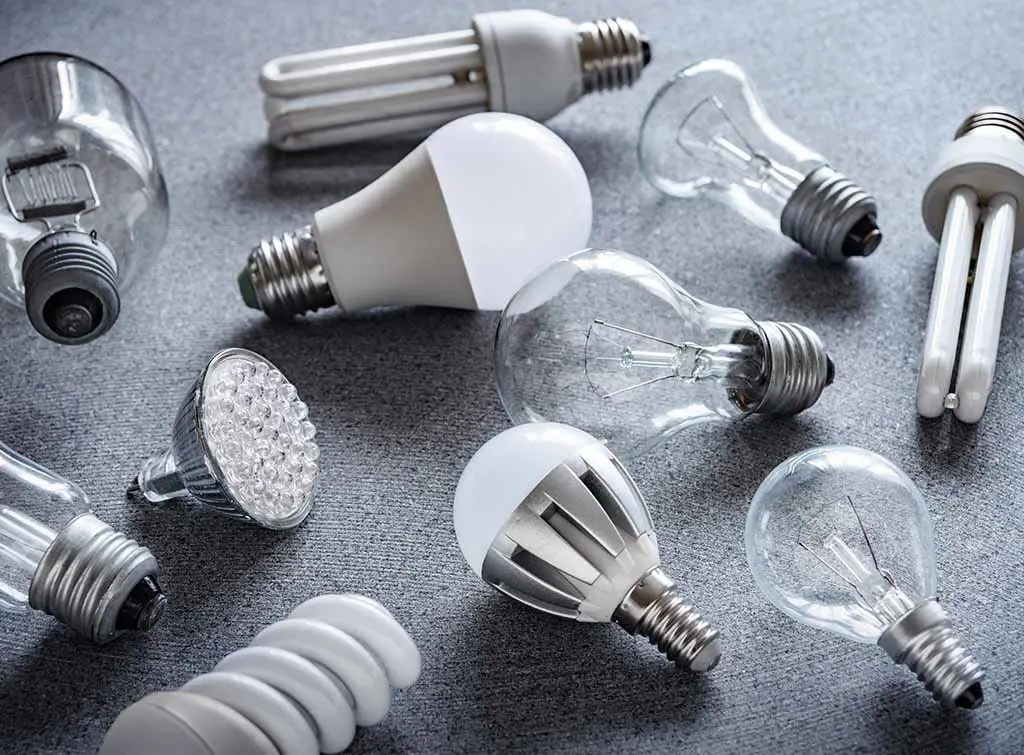
5. Turn down your thermostat
Thermostats control your heating system by setting it to a temperature you like. But when did you last look at your thermostat settings?
AI's advice is to lower the thermostat by a degree or two to shave pounds of your energy bills. Adjust your thermostat according to the seasons and layer up your clothing in the winter months so you don't need to rely on central heating so much.
Find more expert advice on using central heating most economically on this blog.
Or, to get smarter with your heating, you may want to explore the likes of Hive thermostats.
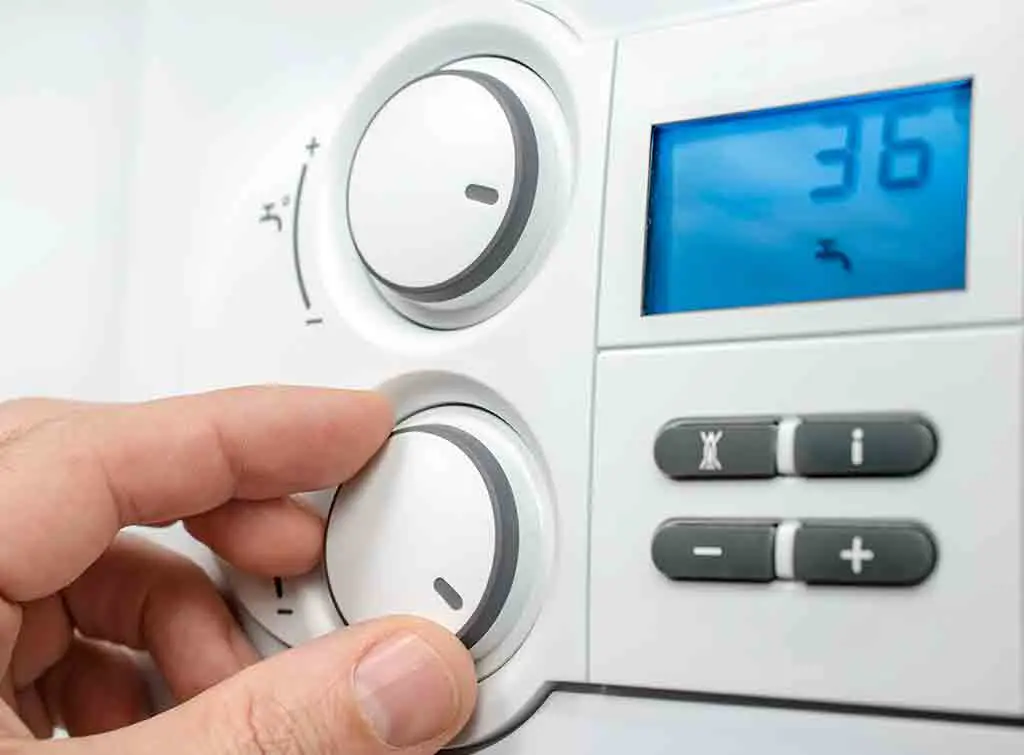
6. Seal air leaks
This is a basic tip from AI – but a good one we shouldn't ignore.
Sealing air leaks around windows, doors and other openings can lead to energy wastage. Use weatherstripping and caulking to seal gaps or cracks and prevent cold drafts and heat loss.
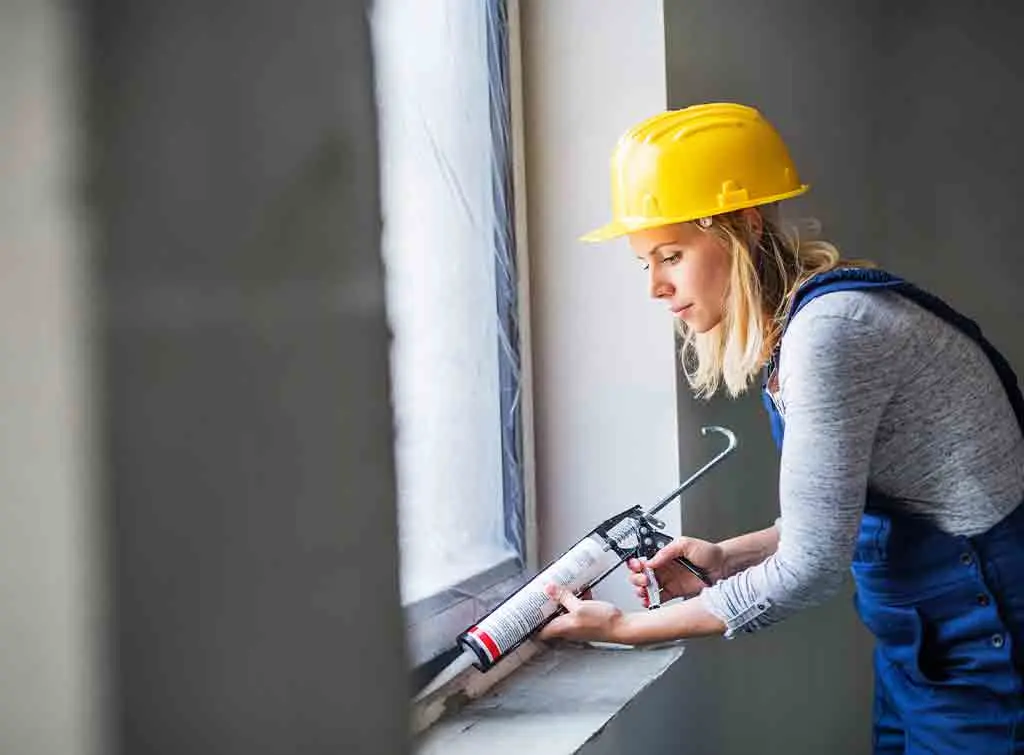
7. Close your curtains
Drapes, shutters or blinds – this is another simple tip from AI. When it's cold, keep curtains and blinds closed at night to minimise heat loss.
And when it's sunny, fling open window treatments to allow natural sunlight to pour in and help warm up your home.
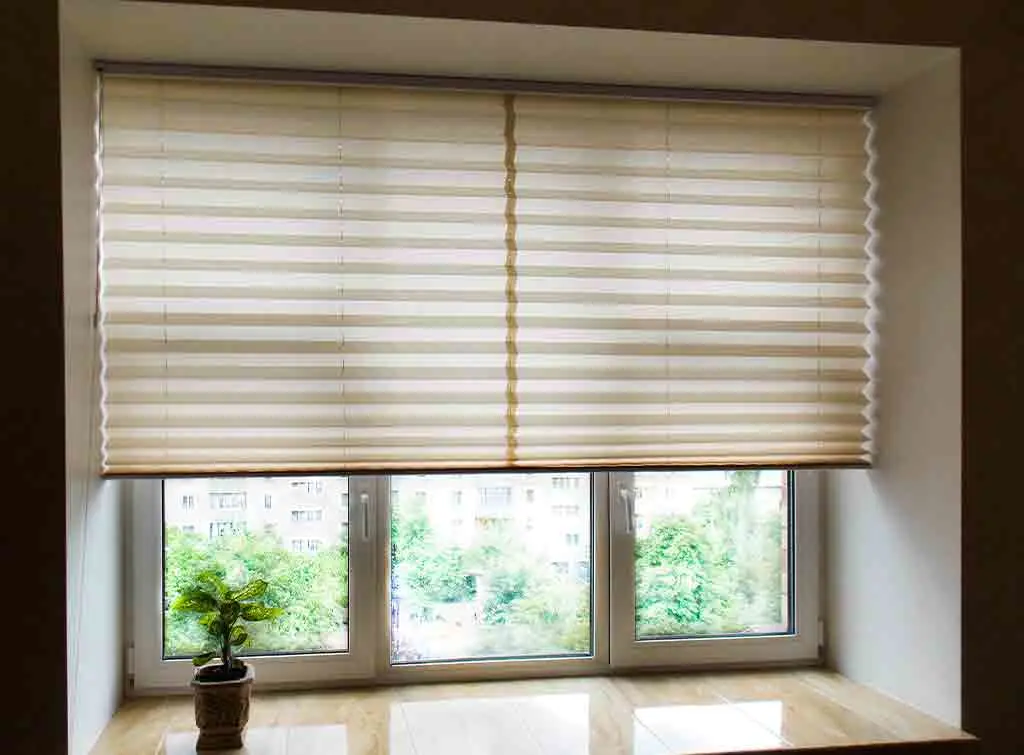
8. Turn off and unplug electronics
Don't forget to switch off lights, appliances and electronics when you're not using them, AI tells us.
Even on standby mode, devices such as TVs, computers and other electronics can guzzle up "phantom" energy usage.
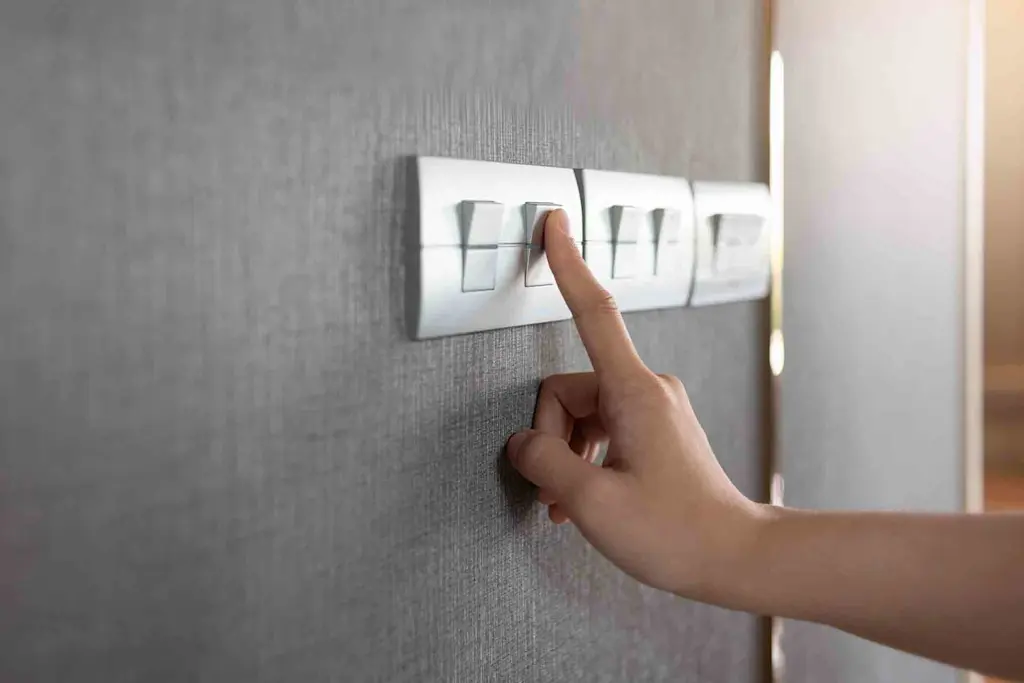
9. Cook efficiently
Air fryers are a super energy-efficient way of cooking – we can't get enough of ours.
But AI's tips include cooking multiple dishes on the hob or in the oven. Use lids on pots and pans to reduce cooking time and energy loss.
And if you're cooking for one or two, consider using smaller appliances like microwaves.
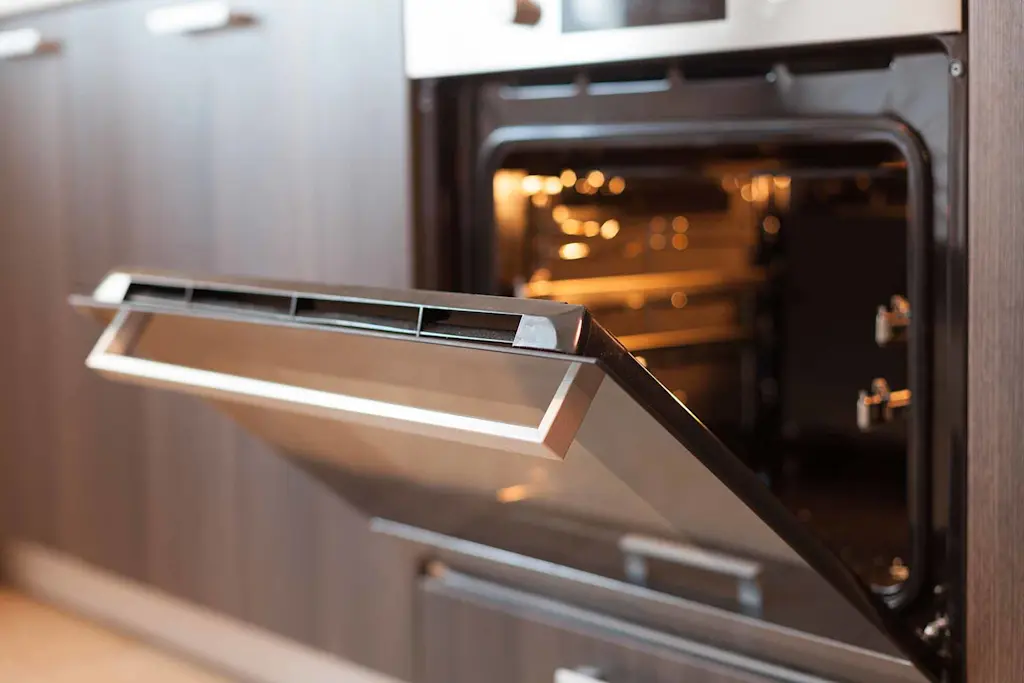
10. Save water
Conserving water and cutting back on how much hot water you use is also key.
Install water-efficient, low-flow shower heads and taps, fix any leaks and take shorter showers. Head to our expert guide to water saving showers for more tips.
Use cold water settings on your washing machine whenever possible.
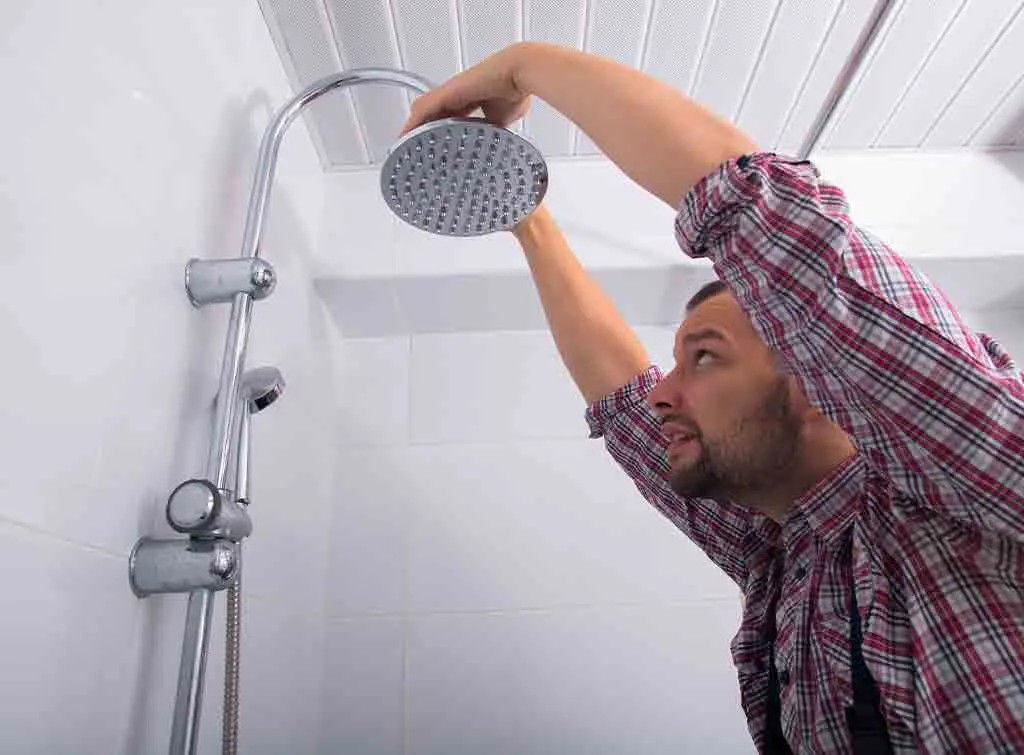
Finally…think about installing solar panels on your property.
Generating renewable energy can help offset electricity consumption and reduce your carbon footprint. Check out how much it costs to install solar panels here.
More Ideas
See the tradespeople we've checked and recommend for your job

